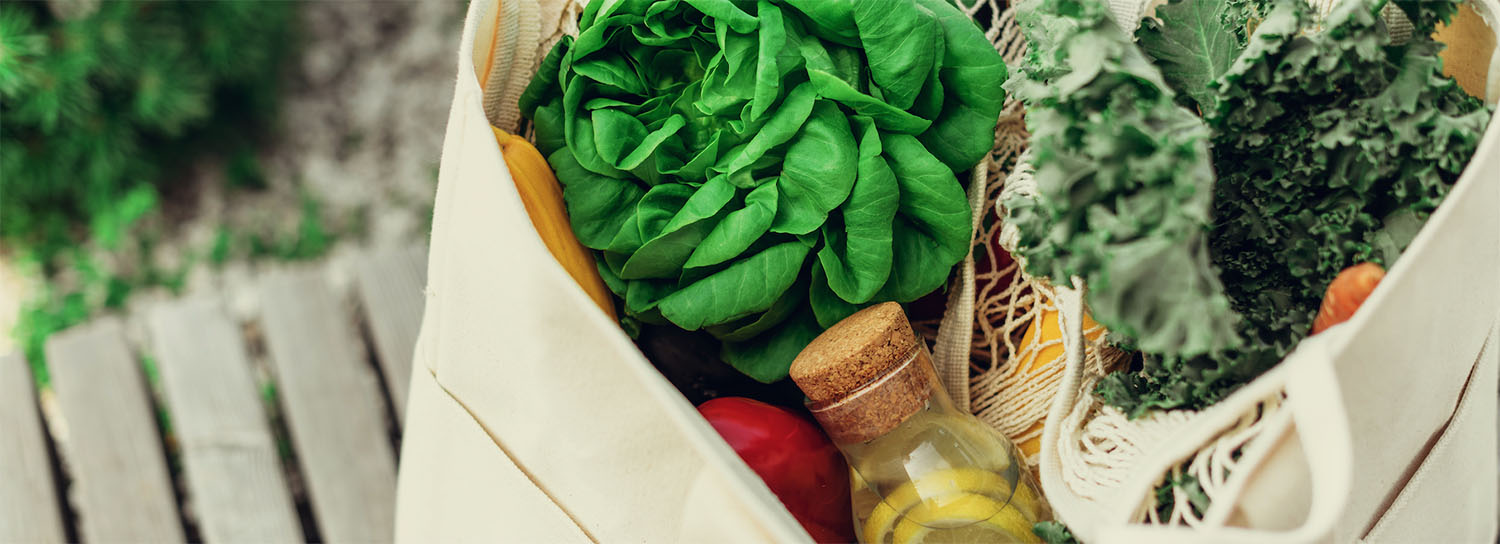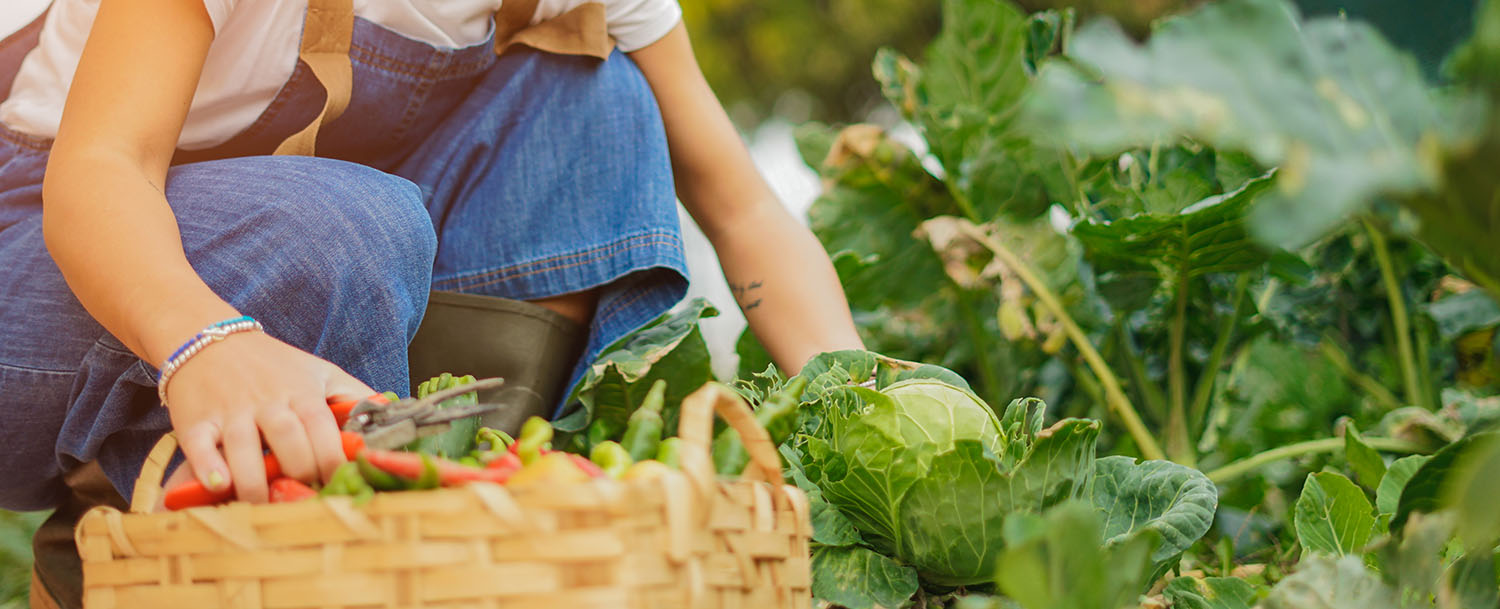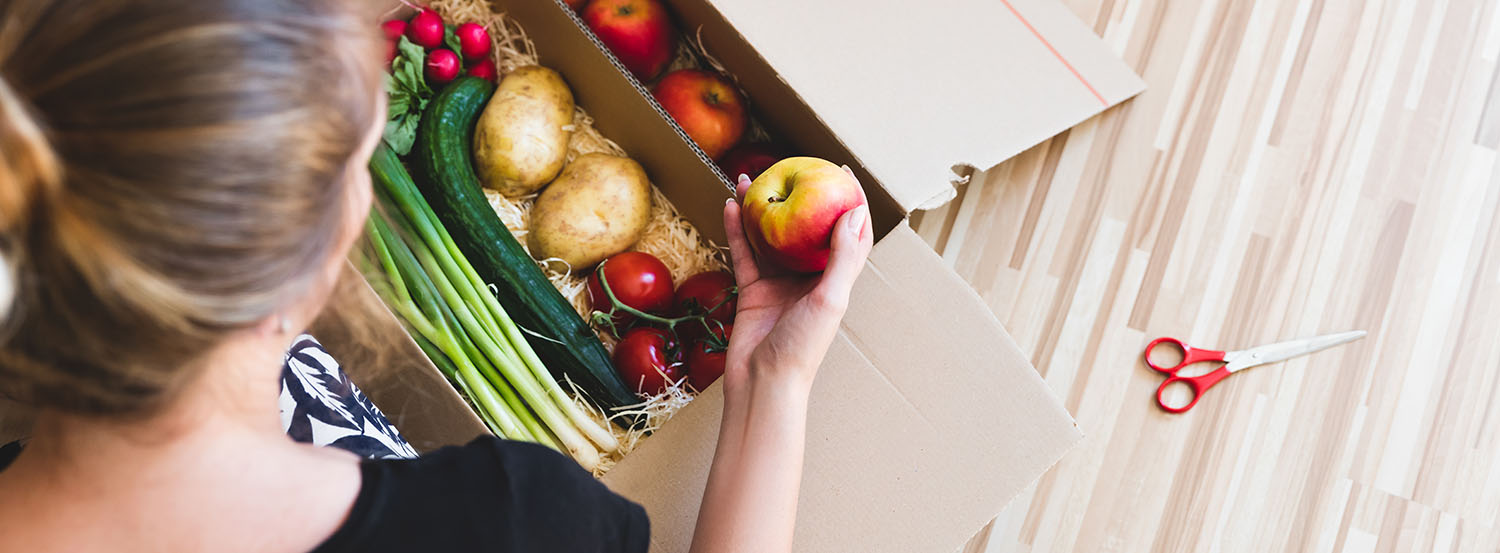

Proximity products, the preferred choice of the Catalans in the wake of the pandemic
The commitment to local purchasing is the first piece to contribute to sustainable development and this is the bet that the Catalans have made in the wake of the pandemic. A change of trend in consumption marked by a preference for local products, local businesses and social awareness
The coronavirus crisis has shaken the whole world and one of the sectors that has remained at the forefront has been the food industry which in a few months has seen how customers have changed trends in terms of products, frequency of purchase or even establishments. Although we are always hearing the phrase that nothing will ever be the same after the pandemic, what is really true is that the trend towards responsible consumption, which has already begun, will continue after the crisis, or is it just a response motivated by the exceptional nature of the moment?
Trend towards sustainable consumption
Studies such as that of the UPC-IRTA research group or the FHOM of the Rovira i Virgili University show that in record time there has been a change in consumer habits. According to the first study, motivated by the Department of Agriculture of the Generalitat, 19.6% of the Catalans have increased their interest in local products, therefore, the trade of proximity takes enough respect to the big surfaces. One of the motivations of users is the reduction of social interaction to avoid crowds, as occurs in hypermarkets. A decision that, beyond the health reason, also contains a personal commitment to support small businesses, a vision that more and more customers are internalizing. Social conscience and economic concern are prioritizing a consumption system that can benefit others beyond oneself, and if this trend continues beyond the pandemic, it will be one of the main positive readings that can be made.
In terms of diet, the Catalans have opted for a healthier lifestyle, increasing the consumption of fruit and vegetables by 19% and prioritizing fresh food. A change that can be motivated by several causes, among which we find, the growing concern for the health of both themselves and the family, the fact of being more hours at home and, therefore, to be able to devote to the kitchen more easily; or by the frequency in which they go shopping. According to the study, 77% of the population chooses to go shopping once a week, and in most cases it is one person in the family who does the main shopping. These habits are undoubtedly very marked by teleworking and reductions in mobility and, therefore, may continue to evolve once everything is normalized again.
Fear is driving the growth of digital shopping
The pandemic has accelerated consumer trends that were already pointing towards a sustainable and more conscious preference. However, fear has been the main trigger for this situation. The fear of becoming infected has led citizens to make a more responsible purchase, to know specifically what they have to buy and where, without wasting time and avoiding crowds. Mobility restrictions have led people to stay more at home and, therefore, to increase the consumption of products and improve the quality of food. The fear of an economic crisis has conditioned daily expenses and has increased social awareness in favor of solidarity and the commitment to local commerce. Helping each other to try to mitigate this fear and learn to manage it, collectively, is important because of the uncertainty that this situation generates, because of the consequences that are still to come.
Fear, however, also has another reading, and that is that it incites to take the plunge, to reinvent oneself or die. And beyond the neighborhood support, many companies, regardless of their size, have opted for this path, reinventing themselves and approaching the customer in a different, alternative way. We are talking about online sales, home delivery, order preparation, and many other initiatives. And these have affected food companies in particular. They have carried them out, and it is precisely thanks to them that local commerce has reached many more people. It is no longer necessary to have the store under the house, technology opens a new world of possibilities available to the consumer; everything is just a click away. Buying quality, zero kilometer, ecological and proximity products is within the reach of any customer, and it is the customer who has the responsibility to internalize this model and maintain it. However, the last stage of transport is the one that will make the choices more sustainable and its logic must be vindicated in terms of common sense and favoring the local producer
From globalization to local purchasing
The period of globalization, which began decades ago, has led many companies in the country to relocate their production lines to countries where costs are cheaper. A decision which, in the food world, entails a significant loss of quality, but which customers have accepted as prices have become cheaper. For years, quantity, understood as everything we can buy for a specific amount, has been more important than quality. This fact not only affected the customers’ shopping basket, but also negatively affected local producers or local distribution companies, among others. There are many local producers or businesses that year after year, and crisis after crisis, have closed their doors in the face of fierce competition, both in terms of prices and resources, from large multinational companies.
A trend that seems to be changing, and that the pandemic, as has been said, has accelerated. Currently, Catalonia voice grows every year the number of producers who return to bet on organic products, sustainable production and projects where, beyond solvency, prevail ethics, responsibility. A question of collective responsibility that slowly seems to be returning to the origins where everything starts: from the field to the table.
It seems impossible to predict what future consumption habits will be. However, we are facing a society that is becoming more and more aware and where local commerce is part of our daily lives. There are many local and proximity businesses that can still be saved, and social responsibility and digitalization will have to be their allies to achieve this challenge. As the pandemic has shown, nothing is static, least of all consumer trends that are highly conditioned by the situation at any given moment. But the reading that can be derived from this change of direction is that Catalan society is committed to proximity and sustainability and that, therefore, it is committed to the future of our companies.




Productes de proximitat!🥳
👏
ben interessant
Celebro que ho trobis interessant, gràcies pel teu comentari Manel, ens veiem per La Plaça
Totalment d’acord productes de proximitat i de qualitat
Gràcies, Alícia!
👍
Gràcies, Joan! Ens veiem per La Plaça!
Molt a favor del consum de productes de proximitat, no nomès per ajudar al petit comerç, uns millors hàbits d´alimentació sino per ajudar el planeta evitant llargs desplasaments i contaminació. Salut =)
Tota la raó Enrique, si ho mirem detingudament, tot és positiu, econòmicament és invertir en salut, i el factor temps, socialitzes, quelcom que cada vegada s’aparca més.
els productes de proximitat sempre són la millor elecció!
Moltes gràcies pel comentari, Queralt, molt contents que t’agradin els continguts. Espero que segueixis gaudint-los en endavant.
Si es consumeixen els productes i serveis d’un país? Es protegeix l’economia dels que treballen al nostre país, més bé dic, l’economia del nostre PAIS !!! …
Moltes gràcies, Pere Vila, pel teu comentari, certament consumir productes de km 0 és fer un bé al nostre país i al nostre entorn més proper. Potenciem entre tots el consum local. Ens veiem per La Plaça.
I els serveis, també de proximitat. Parlar i tractar amb persones que són del teu entorn. Tots som diferents, naturalment, però pertànyer a una mateixa comunitat fa que siguem molt semblants en molts aspectes, trets fonamentals en establir una relació de serveis.
Cert, Marc!
El consum de proximitat és més coherent, més sostenible, crea enriqueix i consolida comunitat i sentit i sentiment de pertinença. Crea i enforteix arrels individuals i col.lectives
Ben vist, Marc i totalment d’acord amb el teu comentari!
Producció local!!
Producció local, sostenible i el de més qualitat sense dubte! 🙂
Molt d’acord, però es difícil mentre es mantinguin els preus mes alts que en les grans superfícies.
Hi ha una franja de poblacio, que es veu obligada a sacrificar comprar a la botiga del barri per qüestió econòmica.
Hola, Climent. Si, si, és tal com tu dius. Segueix nos a La Plaça per poder llegir més articles que et puguin interessar
Molt interessant Molt d’acord amb el consum i l’economia de proximitat. Gràcies.
Hola, Anna. Sí, és recomanable comprar productes de proximitat. Segueix nos a La Plaça per poder llegir més articles que et puguin interessar.
Estic molt d’acord, els productes de proximitat és el millor i molts tindriam que estar molt acostumats. Gracies
Moltes gràcies pels teus comentaris, Carles. Totalment d’acord!
Jo sóc de les que compren en petits comerços de barri i si pot ser productes de proximitat. Us explico: En els comerços de barri em tracten com a un més de la família, em donen les explicacions que necessito i m’aconsellen que és el millor per a mi i per als meus. A el mateix temps, puc veure el que compro, tant sigui alimentació, roba, sabates, etc. A les grans superfícies no hi ha aquest tracte, i on-line tampoc, amb la particularitat que no sé que m’arribarà en la comanda.
Fas molt bé, Anna. En qualsevol cas, el que l’article ressalta és aquesta tendència que s’ha incrementat arran de la pandèmia, la de l’interès pels productes de proximitat. Gràcies per la teva opinió!
El concepte local resulta més econòmic i més sostenible. L’hem de promocionar i aplicar aquest principi en la mesura en que ens sigui possible. És un canvi ètic i una forma de protegir i fomentar l’economia local. Tothom hi guanya.
Totalment d’acord amb les teves paraules, impulsar un canvi on tothom guanya. Gràcies, Maria Isabel!
Molt interessant! Sostenible i de qualitat. El concepte glocal molt ben explicat 👍
Think global, act local